There are two sides to timing. When timing works, and it feels like the universe has opened a special door for you, replete with red carpet for your arrival, and when it doesn’t, and that door doesn’t just slam but splinters under your hands, the exact conditions for that moment in time gone forever. Zaire Wade knows, intimately, both sides of time.
After just 12 games into his 2021-2022 G League season with the Salt Lake City Stars, what Wade hoped would be his entry point into the pros, he felt his knee give out on an innocuous misstep. Wade could’ve looked at his injury as something that robbed the next nine months from him. Instead he used it to recalibrate, working with his dad, Dwyane Wade, on his recovery, conditioning, and steadily building back his strength.
Candid about what was one of the more difficult stretches of his life, on and off the floor, Wade lets out a big sigh when asked how the injury changed his perspective on his health, “It changed it tremendously,” Wade tells Dime over Zoom, where he’s just arrived back home to L.A. from South Africa.
“Being young, you don’t really pay attention to that. You think you’re kind of invincible and then when the day comes when something serious happens and you can’t play, or even walk at the time, you really start looking at things from a different perspective,” Wade says, “I took my health more seriously.”
Wade calls that time “a blessing in disguise,” doubling down on work ethic and becoming curious about supplements like Thorne, a NSF certified supplement brand he and his dad are currently ambassadors for. Wade had just turned 20 when he got hurt. His body, through playing professional basketball, was probably in the best shape he’d seen it, but he still wishes he had more sense of control, and committed to finding that as his career unfolded.
After being waived by the Stars following his injury, he wanted a different target to aim for. Criticized in the past for some of the moves he’s made thus far in his very young career being the product of nepotism, many of Wade’s pivots, or more untraditional decisions, have only borrowed from his father’s broader understanding of the basketball world as a whole. It’s common sense that, playing alongside athletes like Bronny James, Brandon Boston, and Ziare Williams at Sierra Canyon, Wade was not going to get as many minutes and by extension, exposure. He’d already played at two high schools prior to SCS, so a quick hop over to Brewster Academy in New Hampshire after his senior year was only going to add more runway. And it did, Wade got plenty of offers from Division 1 schools, but then came COVID.
“That whole college process was very tough because of the time, it was COVID. I think it was the first year that COVID really hit. It was kind of a bad time,” Wade recalls. “The transfer portal was huge that year, a lot of people were transferring and a lot of schools that did offer me spots, they were being taken because of that. So it was kind of tough finding the right fit somewhere, somewhere I would go and not just sit.”
It’s this theme of momentum, of wanting to be physically and mentally in the mix of the game through his own capabilities, that runs as an electrified thread through Wade’s decisions. His dad, obviously, knows this, and the decision to forego college and enter the G League Draft came through the two of them talking out what the younger Wade most wanted: to play basketball.
“[Colleges] kind of were just saying that they essentially wanted me to be a player that came in the first year and learned from the [older] guys,” he remembers. “We were thinking well, if I was going to do that, I might as well learn from the pros. To get a head start at that.”
Wade wasn’t even supposed to travel with the Stars, he was originally a practice player. He wasn’t betting on an automatic shot at more minutes than he would’ve seen in college by entering the G League, he just knew he had a better shot to work for them. But timing, on Wade’s side through his few months in the G League, suddenly switched.
“I was kind of in the middle,” Wade says of that time, “I knew I wasn’t going to go back to the G League, simply because I wanted to prove myself on a different stage, one where I could play more or in a better position than I would in the G League again.”
In that stretch, Wade still got up every morning to train and put in reps regardless of not knowing what his next move would be, or when. There’s a Kobe Bryant quote he admittedly does not want to mess up, but the gist is that taking chances in life is crucial, but in order to be able to take advantage of chances, you have to be ready for when they come.
“The [BAL] Combine came out of nowhere. It was like,” Wade snaps his fingers, “throwing you in the fire. I came out of there great, but if I wasn’t ready? You’ve got to be ready at all times, no matter what it is.”
The Basketball Africa League, now in its third season, held its second Combine in Paris in January. There, with a few months of playing pro under his belt and a renewed focus, Wade breezed around the floor in his lilting, dancer-esque pace, as unbalancing to defenders as it is mesmerizing to watch for the way he tends toward floaty stutter-steps and long, reaching strides. He impressed NBA and FIBA scouts alike, but it was the Capetown Tigers that called him up the weekend of his 21st birthday and offered him a roster spot.
“That experience, I can’t even put it to words,” Wade says, smiling wide, when asked how his experience in the BAL has been thus far. “Learning different languages, going to different areas, talking to different people, seeing like, How did they grow up? What have been their struggles? The things they like to do or don’t like to do. It’s really just learning. And me being able to be myself. I think a lot of people over there, they wanted to see me for me with no strings attached to it.”
Growing up around basketball, Wade wasn’t a stranger to travel and the broader, global perspective it can lend. But he likens his time in Johannesburg (“Jburg”), where the Tigers practice, and Cape Town so far as taking a big breath of fresh air, all for himself.
“I think this was unique because it was solely mine this time. I was out there, I had to figure it out,” Wade says, noting everything from the playing style, to the professionalism of the league and the lifestyle of the guys he was playing alongside, as things he was happily adjusting to. “And my name, Zaire, is original to Africa, the DRC, so I was close to the DRC for a short time — so things like that, when I was a kid it’s never where I thought I was going to be.”
More and more, athletes are figuring out alternate paths either into the NBA, or into professional basketball abroad. Part of this is due to the game’s broadening global footprint and rise in popularity, and part is due to the staggering increase in talent and skill of hopeful young players overall. Even moves like Kemba Walker deciding to play abroad and signing with Monaco signal that there doesn’t have to be just one, linear line when it comes to making a career.
“I think it’s definitely something that’s going to help me in the long run, especially in furthering my career and seeing where I can take it. Now I’ve got eyes on the world to see how they play,” Wade says, when asked how he sees his path thus far as an asset. He also touches on the different approach to the game he’s noticed in international players, like Nikola Jokic or Giannis Antetokounmpo.
“It’s a whole different style of play. I was touching on it a little bit [this year], the passion,” Wade says. “And I wouldn’t say we Americans don’t have passion, because we obviously do, but you see guys like Jokic, and Giannis, they play for their respective countries. Versus, we play for our families or because we simply love the game.”
He comes back to a saying his Tigers teammates use before games, “Show what it means to be a South African.” Wade says really, it means to represent whatever it is you stand for, and aside from the physical play, it’s what he considers one of the biggest edges he’s taken from his time in South Africa so far.
Talking with Wade, and seeing secondhand the way his dad is — especially when it counts — his biggest fan, the way their relationship is oversimplified as either nepotism or a long shadow that Zaire will forever be working to escape from feels like a myopic and bleak categorization. It’s also a stale duality that, as more sons and daughters of former players enter the pros, is due for retirement. Dwyane Wade was certainly there to help Zaire navigate the hard and first time big decisions, like any parent would, but it was in making those decisions that let Zaire step out onto his own for the first time.
Wade is comfortable with the comparison. He laughs when he shares how he teases his dad about where he might be if he knew as much about health and wellness and the two do now, or in acknowledging there’s no escaping becoming your parents. Part of what he liked so much about their shared Thorne campaign was getting to work alongside each other.
“‘Cause I feel like he’s an older me, right? Just kind of looking at myself, how I’m going to be personality wise. Just the way he approaches business as well. Like we joke around, but he knows when to get serious. He’s a role model for me as far as that goes,” Wade says, recalling how he watched his dad closely on set when they recorded their campaign commercials, how he moved and interacted with everyone.
There’s another finer, harder to pin down point that automatically citing basketball nepotism tends to bulldoze over. There’s a reclamation of time in the Wade’s relationship. The best case scenario is that Zaire is able to figure out his own path, but save on some of the missable mistakes his father made. Timing, in this way, doesn’t have to split. It can align in what the two want for each other.
The summary of this — and the way Zaire Wade’s approached his career — came in an answer he gave, when it came to how overwhelming the world of supplements, health and wellness can be for people who aren’t pros.
“You’re perfectly fine,” he said, “you just have to find something for you.”
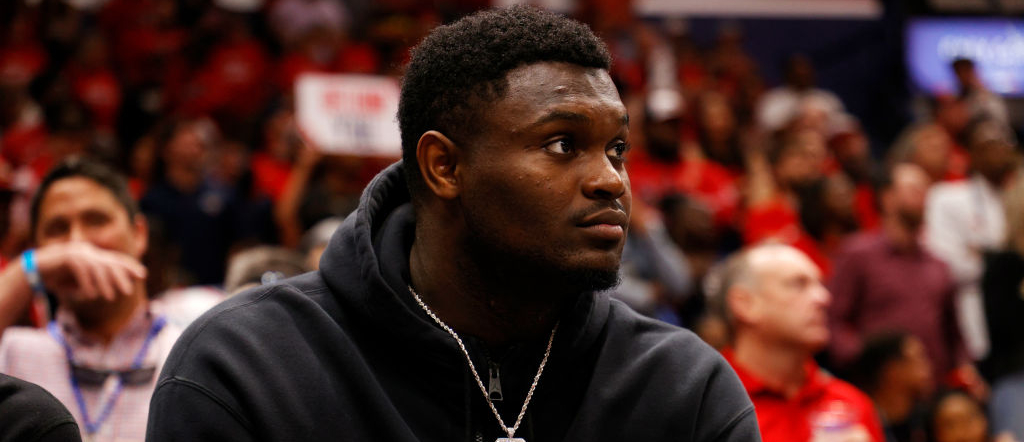

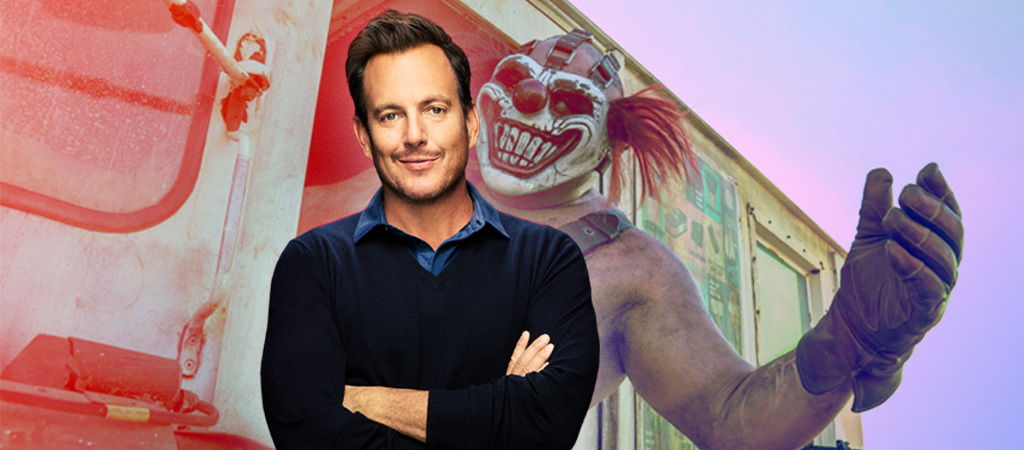

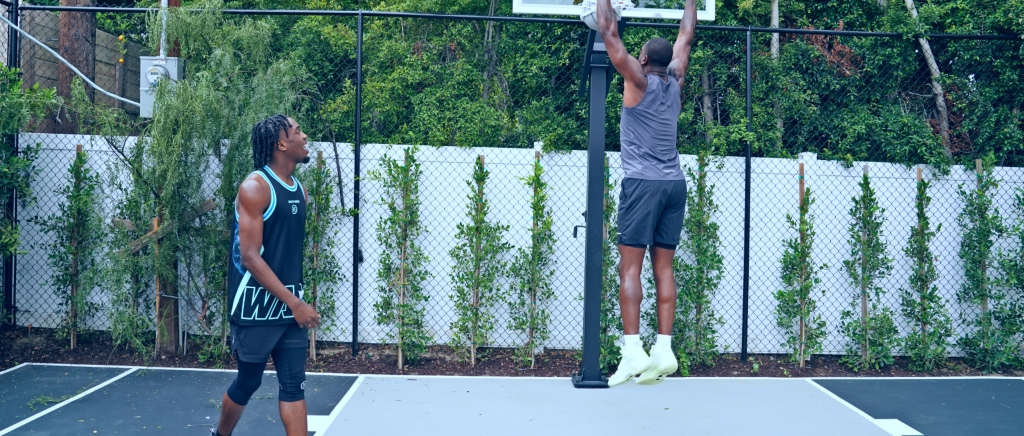
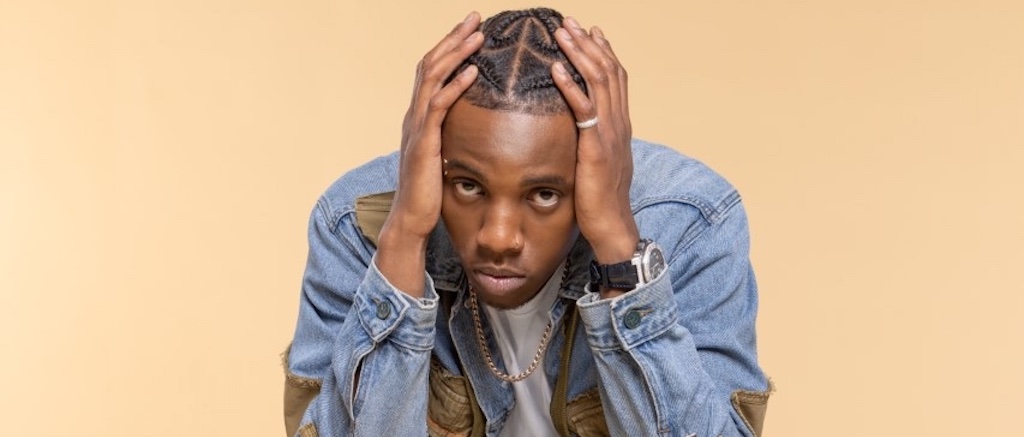
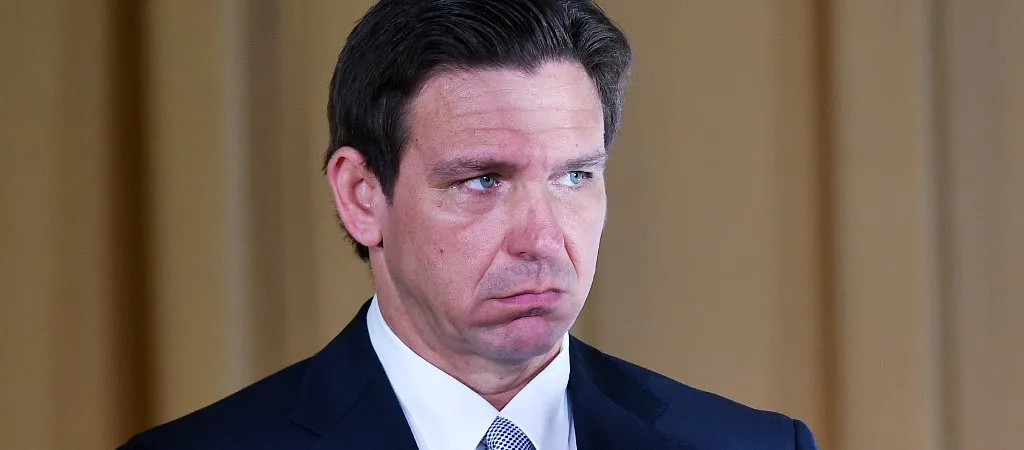
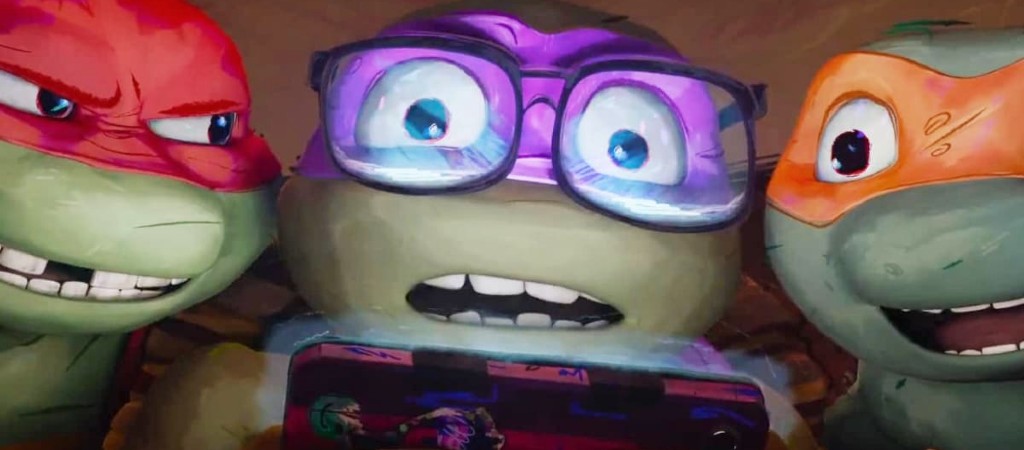
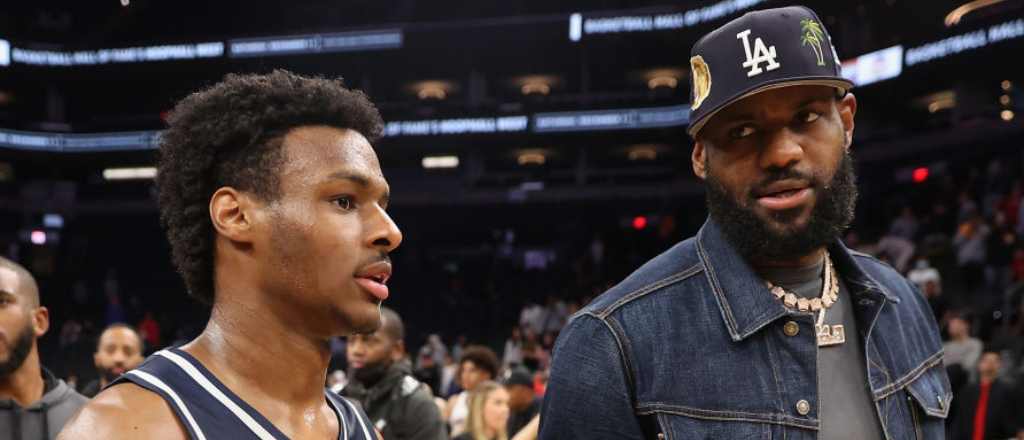
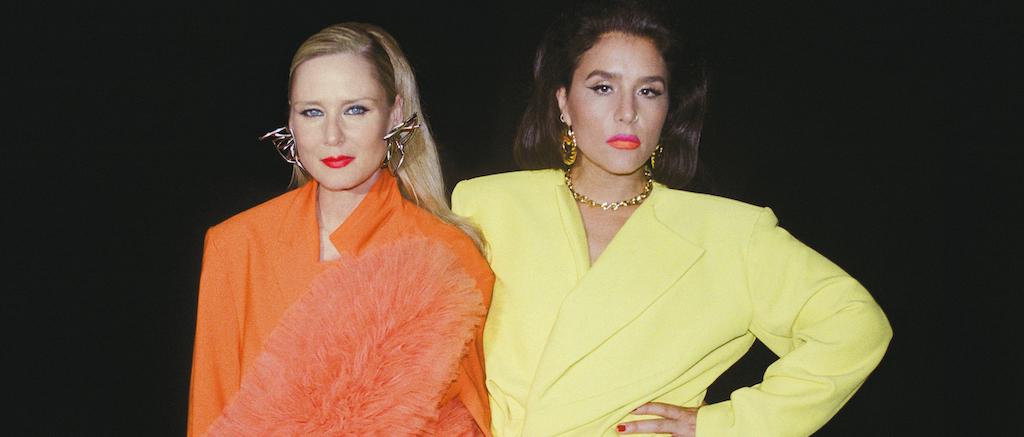
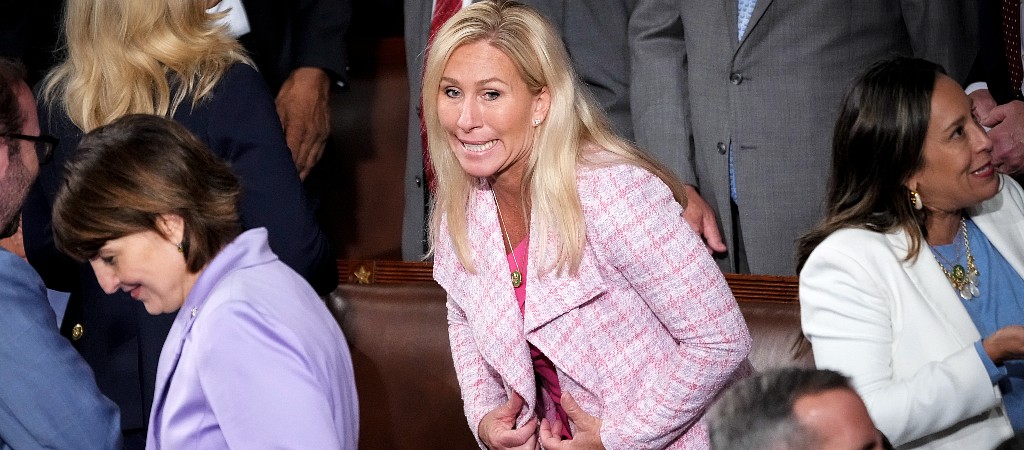




 (@ZoeyCatBell)
(@ZoeyCatBell)  (@dvillella)
(@dvillella)  (@glamelegance)
(@glamelegance)  (@pieter_vkampen)
(@pieter_vkampen)